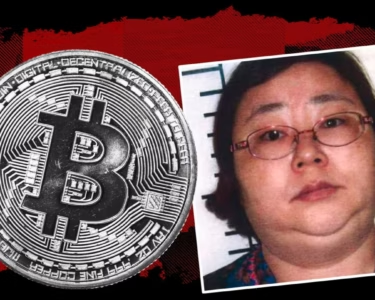Tidjane Thiam is making a move that’s shaking up Ivory Coast’s political landscape. The former titan of global finance has entered the race for the country’s presidency. The 62-year-old was once leading Credit Suisse. He is the only candidate confirmed for the Democratic Party of Ivory Coast (PDCI).
This party is the nation’s main opposition force. His candidacy is ahead of the October 2025 election. It’s a homecoming of sorts for Thiam. He’s spent the last two decades abroad. He has been navigating the high-stakes world of international business. But this new chapter comes with its own set of challenges and questions.
Thiam’s journey to this moment is anything but ordinary. Born in Ivory Coast, he built a formidable career overseas, holding top roles at Aviva, Prudential, and Credit Suisse. His tenure as a minister in Ivory Coast during the late 1990s gave him a taste of public service.
However, his corporate track record has defined him until now. To qualify for the presidential race, Thiam had to make a significant sacrifice. He relinquished his French citizenship as a nod to Ivory Coast’s constitutional rules barring dual nationals from the presidency. It’s a decision that underscores his determination to lead a nation at a crossroads.
The PDCI’s backing wasn’t a surprise. Thiam has been the party leader since December 2023. He stepped into the void left by the death of former president Henri Konan Bédié. His unopposed selection as the party’s candidate shows his stature. It also shows the PDCI’s desire for a new contender. They want someone to challenge the ruling Rally of Houphouëtists for Democracy and Peace (RHDP). But who will Thiam face?
The RHDP hasn’t named its contender yet. Whispers point to President Alassane Ouattara. The 83-year-old incumbent has hinted at seeking a fourth term, despite earlier promises to retire. If Ouattara runs, it will set the stage for a generational showdown. This showdown is rooted in experience, ambition, and contrasting visions for Ivory Coast’s future.
Thiam’s candidacy isn’t without baggage. His exit from Credit Suisse in 2020 came amid a spying scandal that tarnished his otherwise stellar reputation. Though he wasn’t directly implicated, the episode raised eyebrows and could give opponents fodder in a heated campaign. Still, Thiam’s supporters see him as a global heavyweight. They believe he can bring economic savvy to a country enjoying growth. However, the country is grappling with inequality and political tensions. Ivory Coast’s 2020 election, marred by opposition boycotts and violence, looms large as a reminder of the stakes.
What makes Thiam’s run compelling is the contrast he embodies. He is a man of the world returning to lead a nation he left decades ago. His international polish could resonate with urban voters and investors. However, rural communities might wonder how well he grasps their daily struggles.
And then there’s Ouattara—or whoever the RHDP picks—a political juggernaut with deep roots and a loyal base. Behind the scenes, reports suggest Ouattara’s kept Thiam at a distance, even as some allies try to bridge the gap. It’s a delicate dance in a country where personal ties often shape political fates.
As Ivory Coast inches toward its next chapter, Thiam’s gamble is a story to watch. Can a corporate star translate boardroom success into political victory? Will voters embrace a prodigal son, or demand a leader who’s never left? One thing’s certain: the race for the presidency just got a lot more interesting.






